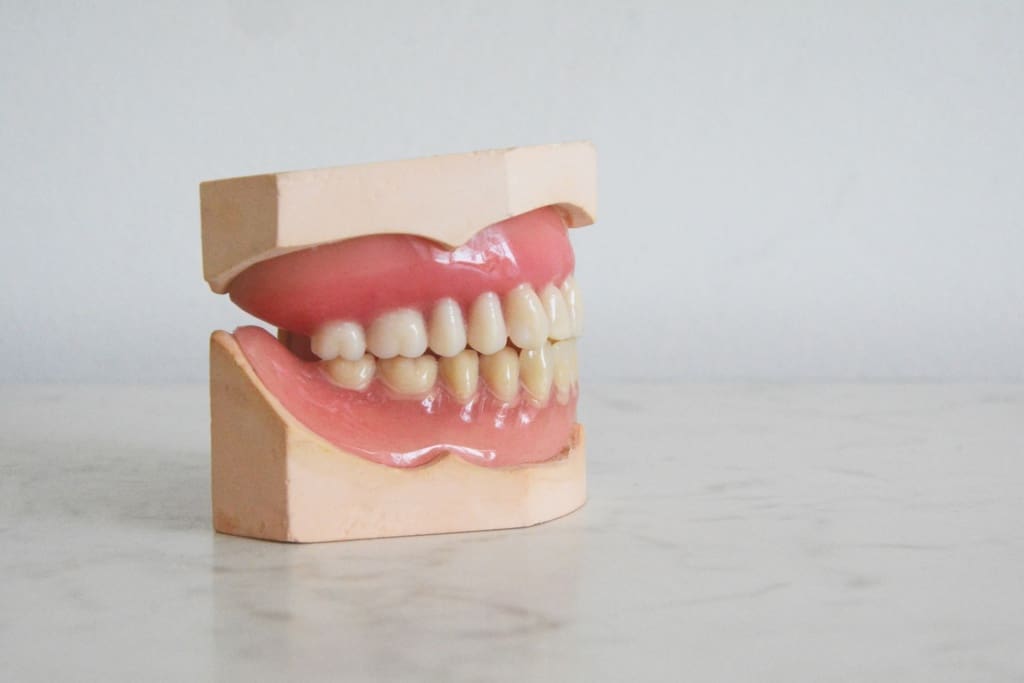Dental bridges are a popular solution for those who are missing teeth. They work by bridging the gap between two teeth, providing a stable and natural-looking replacement for a missing tooth. They also can be an excellent option for people looking to improve their smile and oral health.
Bridges can be made from various materials, including porcelain, ceramic, or metal. The choice of material will depend on factors such as location, preference, and recommendations. But which other factors should people consider before having dental bridges installed?
1. Maintenance
Dental bridges require regular maintenance to ensure they remain in good condition. This includes brushing and flossing twice a day and regular dental check-ups. A dental bridge can last up to 15 years with proper maintenance, but neglecting to care for it can lead to decay and gum disease.
It is essential to consider whether you’re willing to commit to the maintenance required before installing a dental bridge. Maintaining dental bridges does not require too much time, but they also need people looking out for them like natural teeth.
2. Upfront and Long-Term Costs
The cost of a dental bridge can vary depending on several factors, including the type of bridge and the materials used. Generally, dental bridges can cost anywhere from $500 to $1,200 per tooth. However, it can vary depending on the dental clinic.
Therefore, people should consider the upfront cost of a dental bridge and the long-term costs associated with maintenance and replacement. While a dental bridge may be more affordable than dental implants, weighing the costs against the benefits is essential.
3. Other Solutions
Dental bridges are not the only solution for missing teeth. Other options include dentures and dental implants. Dentures are a removable option that can be more affordable than dental bridges, but they require regular maintenance and can be uncomfortable to wear.
Dental implants are a more permanent solution, but they can be more expensive than dental bridges and require surgery. It’s important to consider all of your options before making a decision. It is best to consult with dentists before deciding on the best option.
4. Dental Bridge Type
Several dental bridges include traditional, cantilever, and Maryland bridges. Conventional bridges are the most common type and involve placing a crown on the two teeth on either side of the gap, with a false tooth in between.
Cantilever bridges are similar to traditional bridges, but they only require one tooth to be crowned. Maryland bridges are a more conservative option and involve bonding a false tooth to the back of the adjacent teeth. But always consider the best depending on your needs.
5. Lifestyle
Your lifestyle can also determine whether a dental bridge is suitable for you. For example, if you play contact sports, a dental bridge may not be the best choice as it can be damaged or dislodged. Similarly, if you grind your teeth, a dental bridge may not be a good fit as it can cause damage to the adjacent teeth. It’s essential to consider your lifestyle and the potential impact on your dental bridge.
Conclusion
Dental bridges can be an excellent solution for those missing teeth, but it’s essential to consider several factors before installing one. These include maintenance, upfront and long-term costs, other solutions, dental bridge type, and lifestyle. Considering these factors, you can decide whether a dental bridge is suitable.
If you’re in Northampton, MA, and need top-notch dental services, look no further than Northampton Dental Specialists Group. Our team of experienced professionals offers a wide range of services, including dental cleaning, cosmetic dentistry, and more. Contact us today to schedule an appointment and experience Northampton’s best dental practice!





